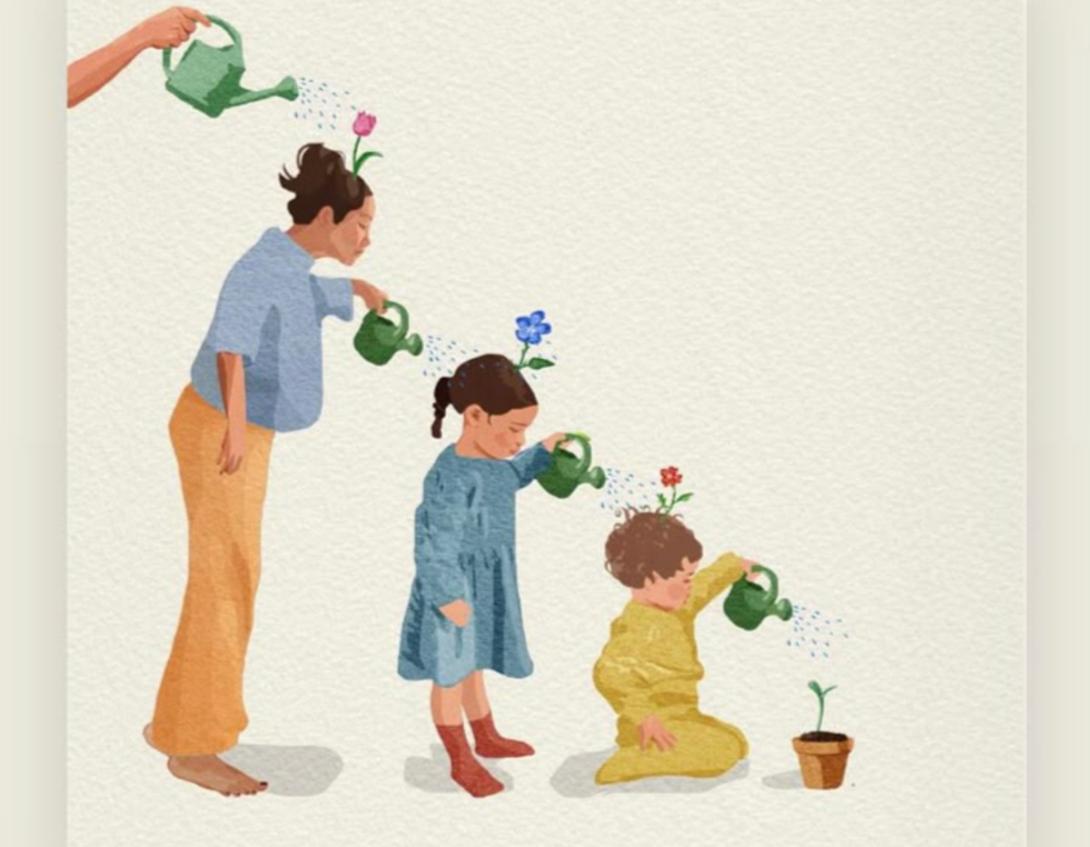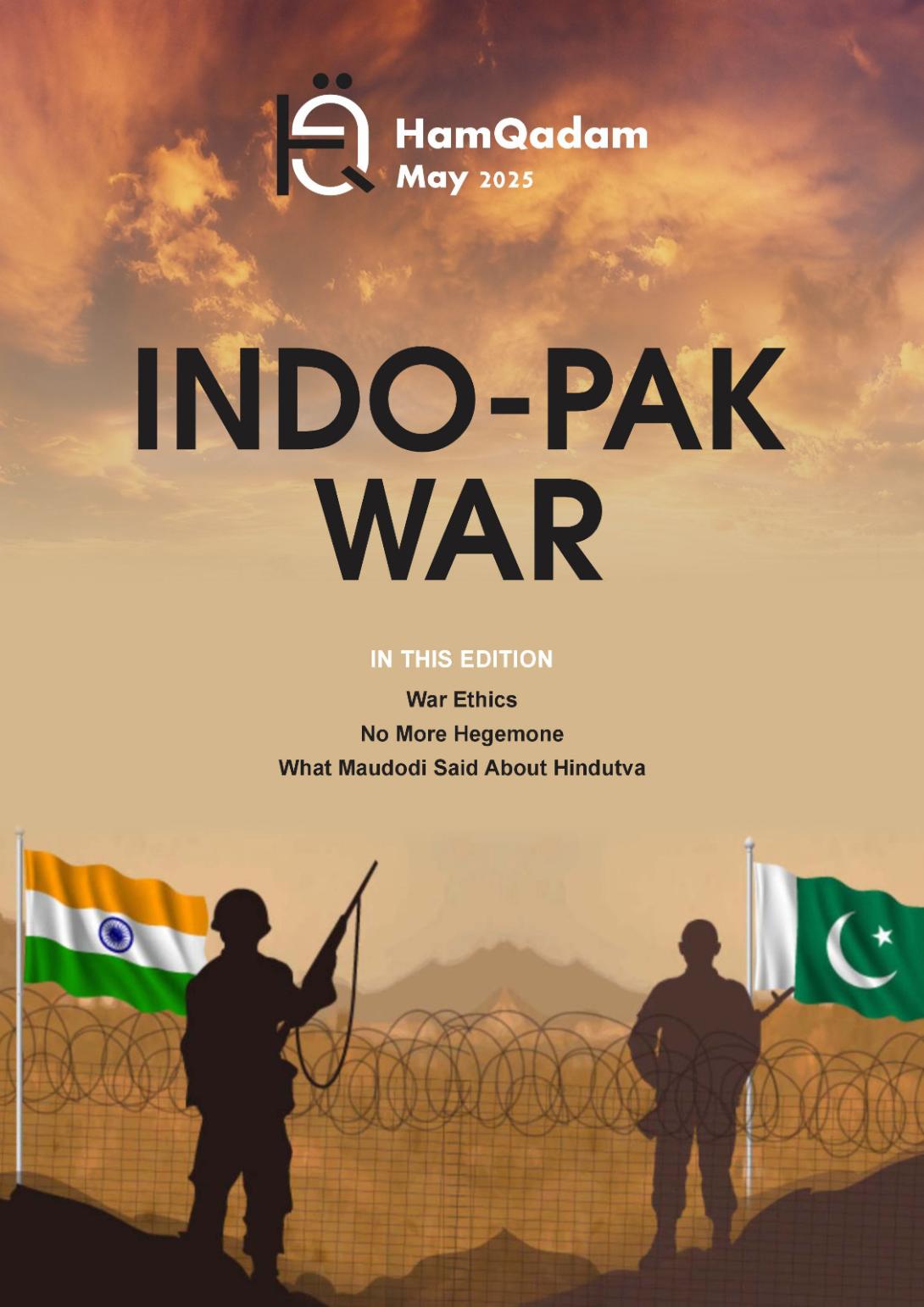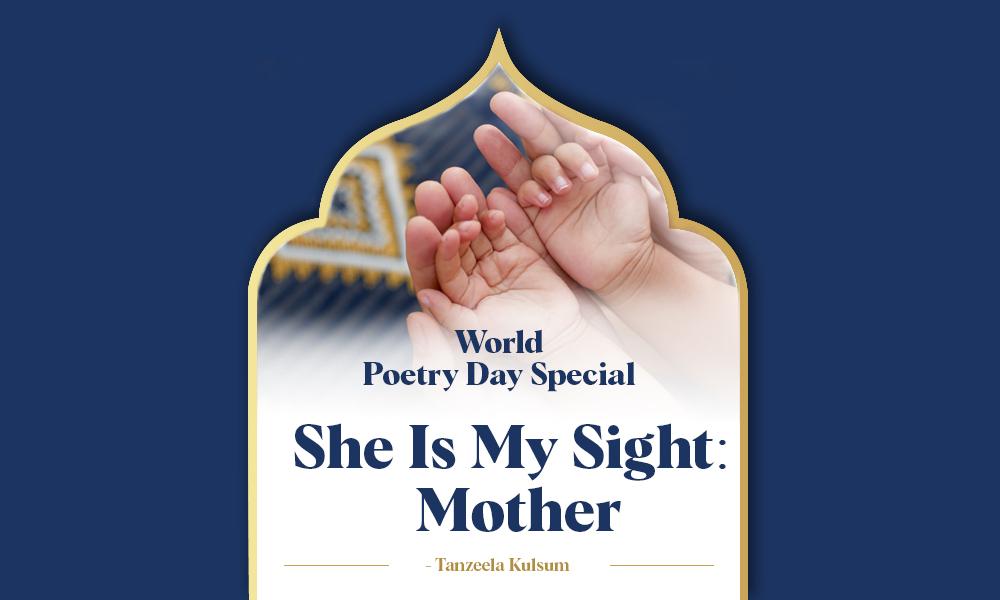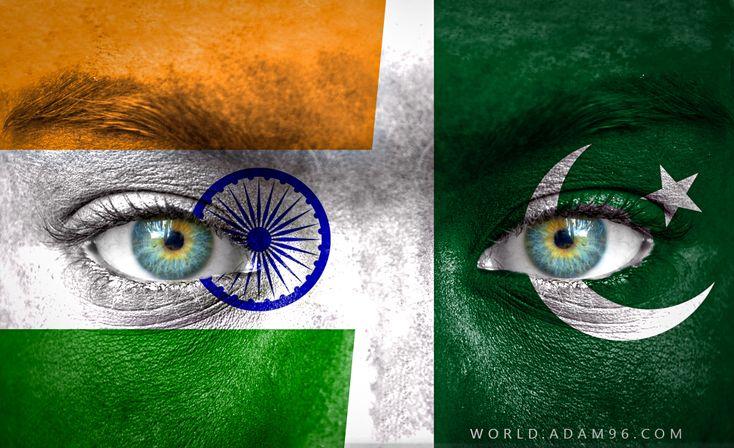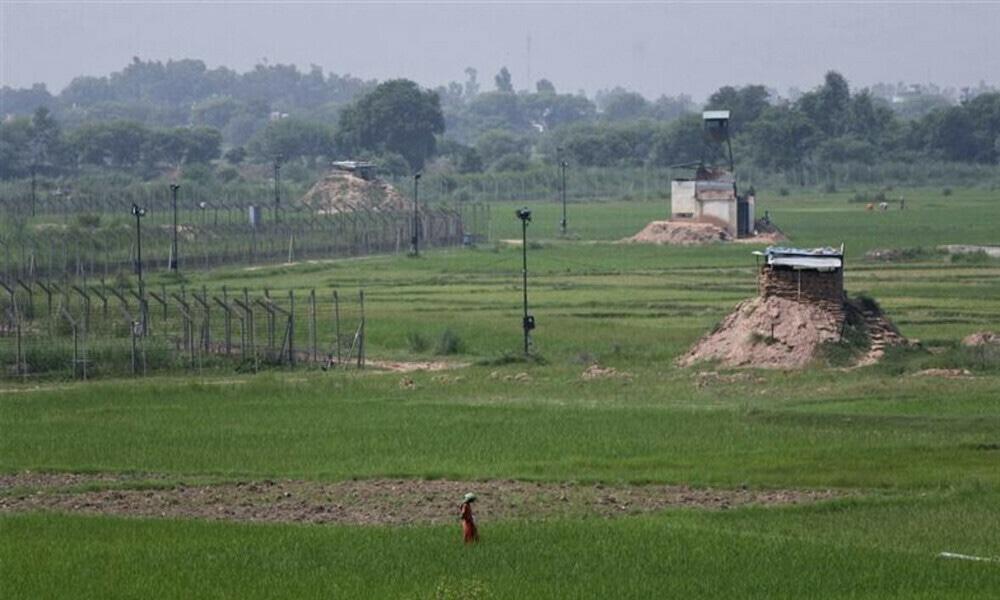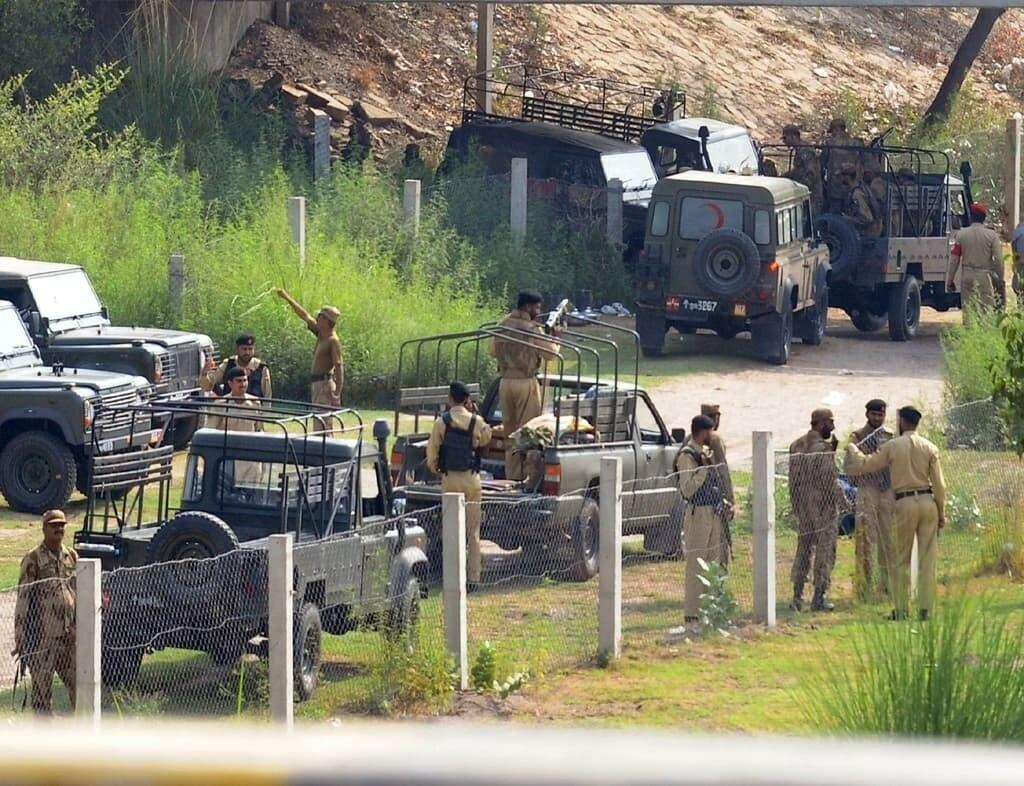Maulana Maududi's prescient analysis of Hindu nationalism argued that while anti-British sentiment initially united Hindus, post-1947 this ideology would sustain itself primarily through anti-Muslim rhetoric while gradually crumbling under its own internal contradictions - a prediction now being realized through contemporary caste politics. The growing demand for a nationwide caste census has exposed the fundamental fault lines within Hindu society, pitting the BJP's upper-caste leadership against the aspirations of OBCs and Dalits, thereby threatening the very foundation of Hindu unity that Hindutva seeks to project. As caste-based movements from the Mandal agitation to recent Maratha quota protests continue to disrupt political calculations, they validate Maududi's foresight about the inevitable fracturing of monolithic Hindu nationalism when confronted with India's complex social realities. This unfolding dynamic demonstrates how Maududi, decades ahead of his time, accurately anticipated that anti-Muslim sentiment alone could not permanently mask the deep structural divisions within Hindu society.
